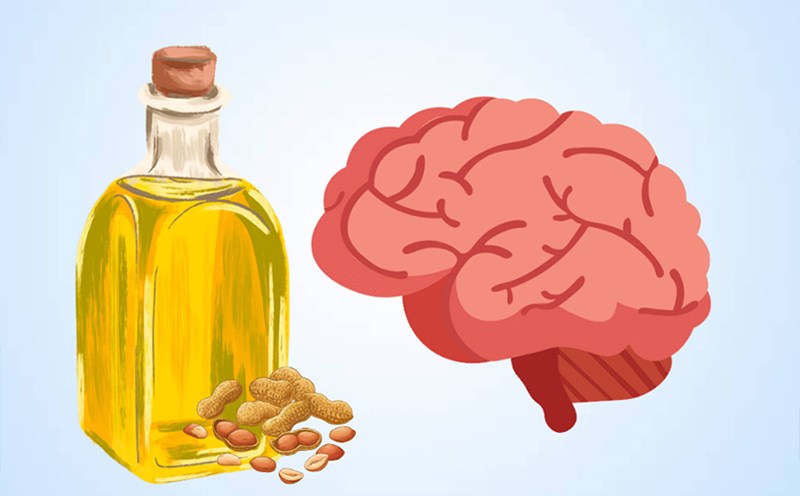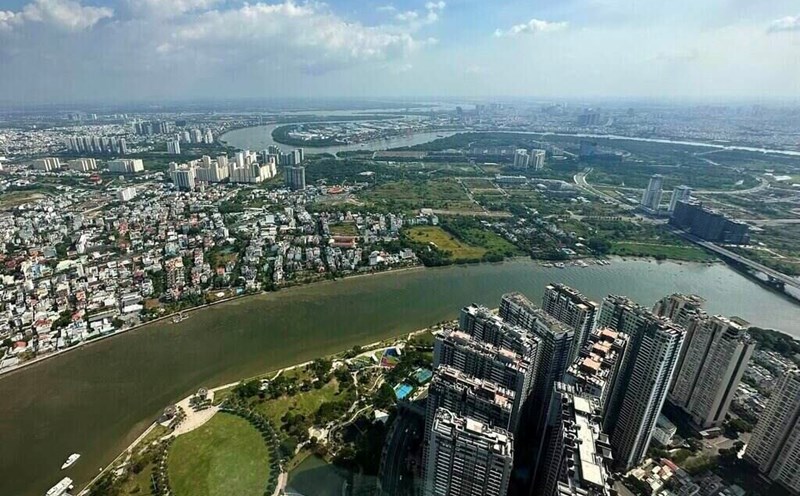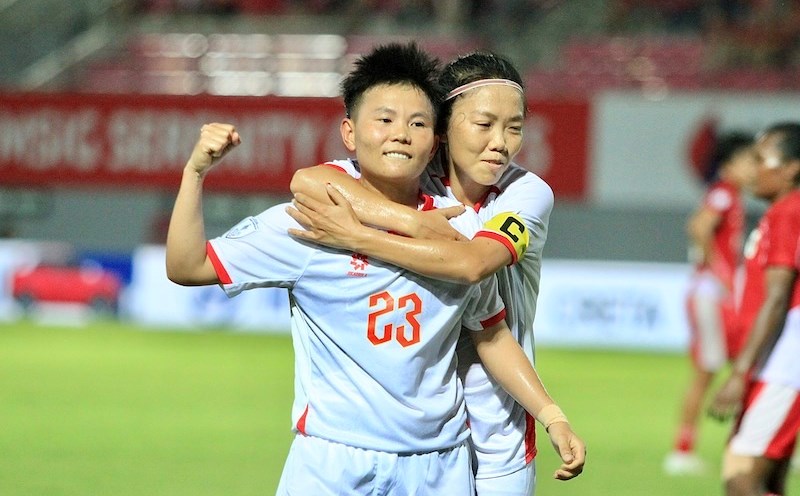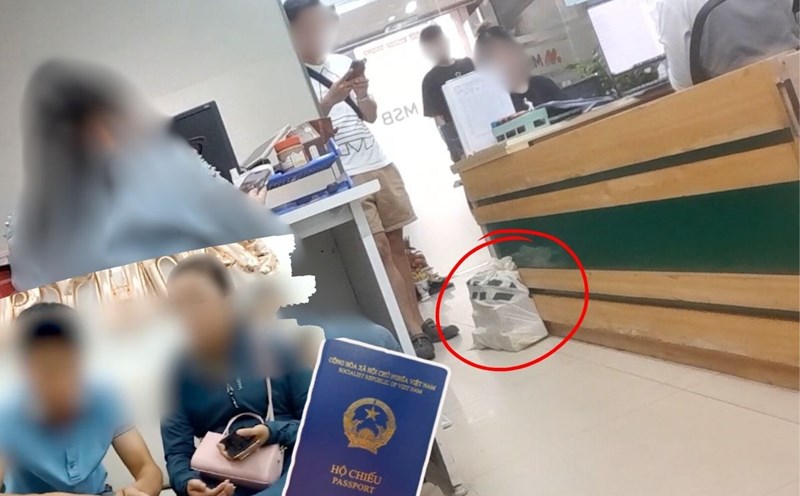According to Dr. Shrey Kumar Srivastav, senior consultant at Sharda Hospital (Noida, India), a concussion is a common form of traumatic brain injury that is often overlooked, occurring when the head or body is hit hard, causing the brain to shift rapidly. Symptoms of a concussion do not always appear immediately, but can appear within a few minutes, a few hours or even a few days after an injury. Early recognition of symptoms and timely testing are important to avoid serious consequences such as long-term brain damage or more dangerous second injuries, according to Only my health.
How to check for concussion symptoms
Recognize physical symptoms: After a head injury, pay attention to signs such as headache, nausea, dizziness, loss of balance, blurred vision, sensitivity to light or noise, fatigue, sleepiness. The injured person may look normal but still have symptoms inside, so they need to ask carefully to detect early.
cognitive function test: ask simple questions or take a quick memory test to detect confusion, disorientation, slow reaction, difficulty concentrating or not being able to remember the previous event.
Observe changes in emotions and behavior: Signs such as irritability, anxiety, depression, sudden or different mood swings from normal can also be manifestations of a concussion.
Monitoring sleep changes: People with cerebral palsy may sleep more than usual, have difficulty sleeping, or feel unusually tired during the day. Sleep is necessary but symptoms need to be monitored carefully, and if instructed, patients should be awakened periodically in the first 24 hours.
When to get medical attention
Dr. Shrey Kumar Srivastav said that you should call a doctor or go to the emergency room immediately if you experience serious symptoms such as loss of consciousness even in a few seconds, convulsions, repeated vomiting, gradually increasing headaches, difficulty waking up, slurred speech, weakness or paralysis of limbs.
Rehabilitation and care
Most brain concussions will recover within 7-14 days with mental and physical rest. Avoid using screens, alcohol, and strenuous physical activities. Follow the plan to return to activities according to the doctor's instructions to ensure the best recovery.
Note
Dr. Shrey Kumar Srivastav emphasizes that a concussion does not always have immediate signs, so understanding and checking the symptoms is extremely important. Early detection helps you and your loved ones avoid serious consequences and protect long-term health after head injuries.











